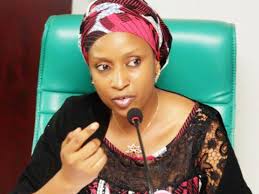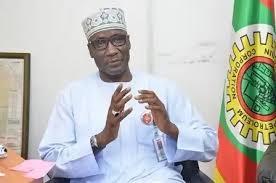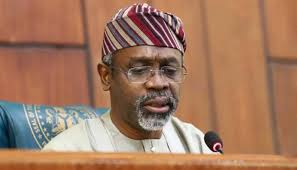The Nigerian Ports Authority (NPA) on Thursday disclosed that revenue on imported cars into the country decreased by 20 per cent this year as the implementation of the Federal Government’s Automotive Policy continues to take huge toll on government’s revenue potential.
The policy was introduced to encourage local car production and investments in assembly plants, while cutting importation as well as raising import duties on vehicular items.
Giving this hint to members of the House of Representatives Committee on Ports, Harbours/Waterways when she appeared before the committee, NPA’s Managing Director, Hadiza Bala-Usman, pointed out that the policy had not achieved its objectives.
She lamented that contrary to the high expectations of government on the policy, it had not worked and that the agency continued to lose revenue that would have accrued from car importation if the policy had not been implemented.
Bala-Usman, who appeared before the committee to update the lawmakers on the Internally Generated Revenue (IGR) of the agency for 2017 and the projections for this year, advocated the review of the policy measure in order to boost the revenue of the agency
She explained: “We have written Mr President on this policy and we will continue to defend our position that it (policy) should be reviewed, because the government runs the risk of losing both ways.
“We have recorded a drop in revenue by 20 per cent. How many cars are being manufactured and how many Nigerians can really afford to buy brand new cars?
“So, the implication is that while the government is losing revenue on importation, the manufacturing or assembly plants are not achieving the aims of the policy”, Bala-Usman added.
Giving a breakdown of the agency’s revenue generation figures, she explained that while the projected IGR for the NPA in 2017 was N278.5 billion, the actual amount generated was N288.6 billion, while the overall income of the agency for the year stood at N302.9 billion.
According to her, while the projected operations budget for her agency in the year under review was N96.4 billion, the actual performance was N84.6 billion, adding that the N174 billion capital budget records 53.5 per cent performance, or represents N114.3 billion of the projected budget.
Bala-Usman told the lawmakers that for the current fiscal year, the NPA projected N292 billion as its IGR, but that about N232 billion will be spent as recurrent expenditure.
Concerned about the high personnel cost provided in the agency’s 2018 budget, the lawmakers queried the lopsided capital expenditure-to-personnel cost ratio of 55 per cent to 44 per cent.
The Chairman of the committee, Hon. Pat Asadu said that the committee had expected the NPA to have a lean personnel cost, owing to the various port reforms being undertaken now which should ordinarily reduce the agency’s cost of operations, particularly personnel cost.
He queried: “You are supposed to spend less on personnel cost because of the port reforms and concessions. Why is your personnel cost so high? Forty-four per cent, compared to the 55 per cent of your capital implementation?” he asked.
In her response, the NPA’s boss explained that she inherited a system in the NPA that promoted employees to higher positions but did not pay their commensurate entitlements, adding that because of this problem, people did not want to be promoted.
“We want to clear this backlog and there are more members of staff to be promoted. This explains the changes in the personnel cost”, Bala-Usman clarified.
To enable them critically study her presentations and the supportive documents, the lawmakers suspended further deliberations on the NPA boss’ submissions.




